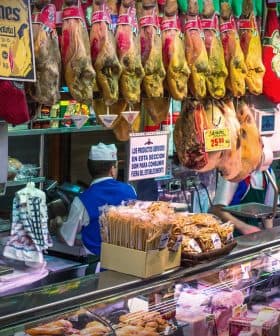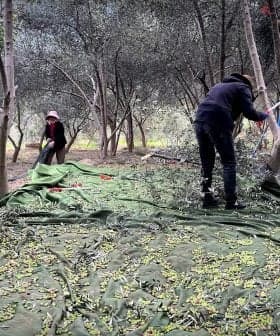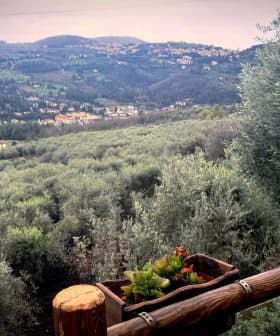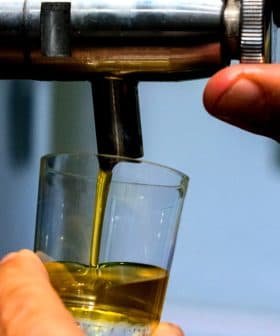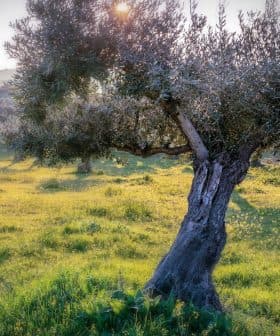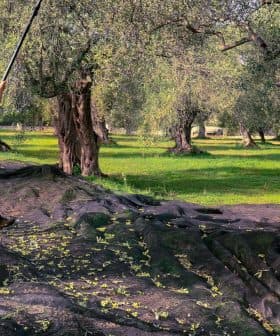Unusual Spring Heat Brings Early Problems for Greek Farms
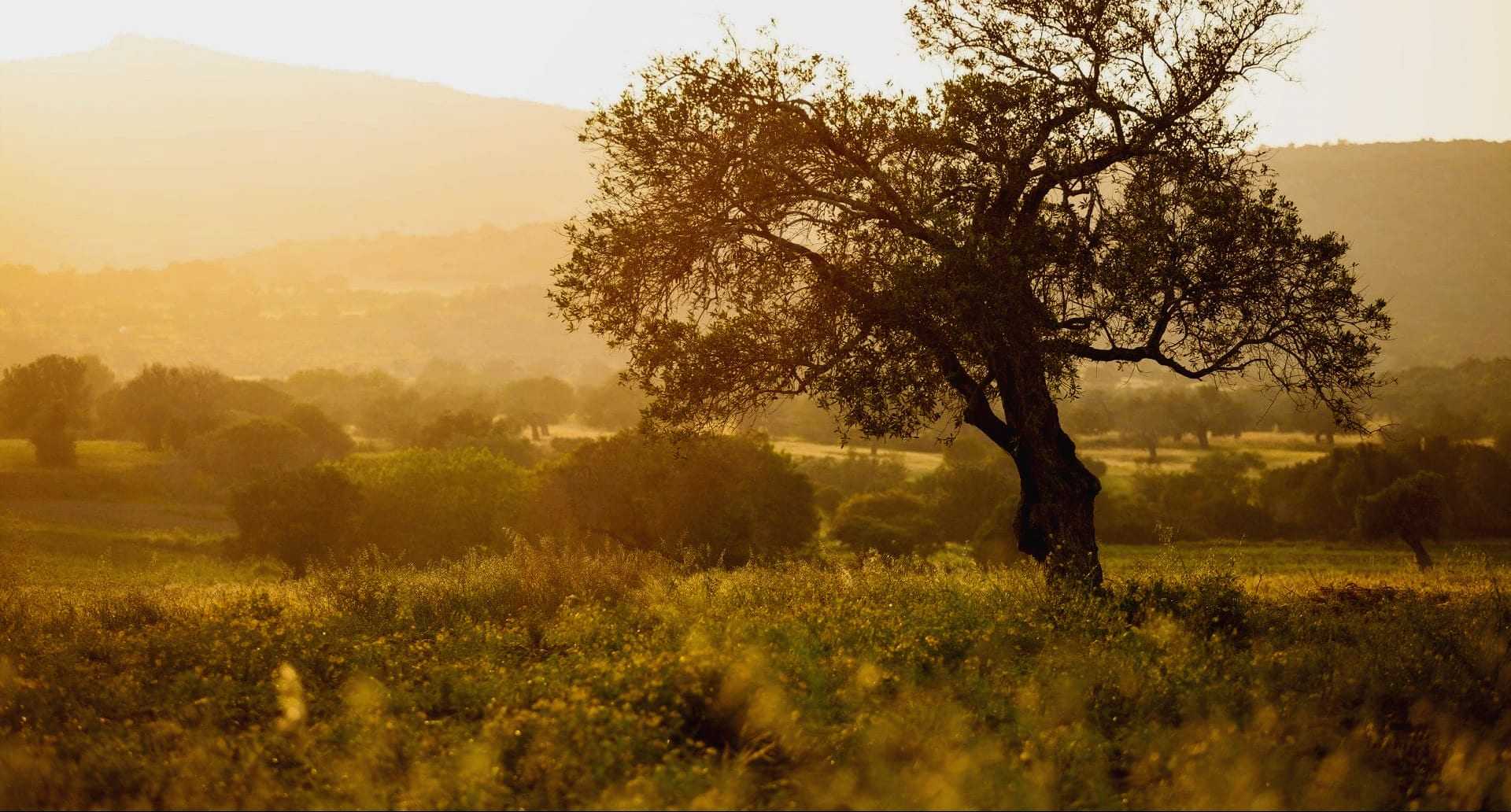
High temperatures in Greece reaching 40°C have caused concern among olive farmers, as the heatwave may impact blossoming and reduce productivity of the trees. The warm weather has particularly affected oil-producing olive varieties by disrupting their flowering progress, leading to financial problems for farmers and demands for compensation.
High temperatures reaching 40°C (104°F) in some areas of Greece alarmed olive farmers who fear that the adverse weather could affect blossoming and reduce the productivity of their trees in the upcoming harvesting season.
Experts said the phenomenon mainly affected oil-producing varieties by interrupting the progress of their flowering.
“The unprecedented warm weather this time of the year that lasted for four days in our area took its toll on the olive trees, with results showing after around ten days,” Giorgos Korinnis, an agriculturist working in the Lakonia region of the Peloponnese, told Olive Oil Times.
“With such temperatures so early in the season, the olive trees go into a thermal shock from which they cannot recover,” Korinnis said. “All the juices of the tree stay in the trunk to avoid withering and the blossoms do not get any nutrients and pollination is incomplete.”
“This happened to more than half of the olive trees in our area, and mostly to olive varieties used to make olive oil. Watering cannot reverse the damage.”
In Aetolia-Acarnania of central-west Greece, another olive oil-producing territory hit by the high temperatures, agriculturist Alexandros Samaras described similar ramifications of the heatwave.
“The unusually warm weather affected almost 40 percent of the olive trees around the lake Trichonida, and especially the non-irrigated,” Samaras told us.“The damage is more profound on oil-producing varieties, affecting their blossoming and pollination process,” he said.
“The season was looking good so far, but those olive trees harmed by the heat cannot return to their previous condition. Edible olives, on the other hand, were not significantly harmed and any possible loss in olive drupes due to limited pollination will be compensated by larger sizes of the remaining drupes.”
Apart from pockets in western and southern continental Greece, the problem has also occurred sporadically in olive oil-making territories near Heraklion and Sitia in Crete.
Spurred by the spring heatwave, unrest has returned in the sector with farmers in Messinia taking to the streets demanding compensation and protesting about the persisting low producer prices of olive oil and the compounding problems with other agricultural products.
“Farmers have received no state aid throughout the quarantine period,” said grower Spyros Nikolopoulos.
“We import potatoes and we discard domestic production. Olive oil producers on the other hand face serious financial problems with the current prices of olive oil and ELGA [the Greek organization of agricultural insurances] provides no redress for the damage after the heat. We require that this anachronistic regulation is changed.”


